Iran at forefront of fight against al-Qaeda, Daesh, supports regional peace: Envoy
Iran’s ambassador to Yemen has reaffirmed Tehran’s steadfast commitment to regional peace and stability, emphasizing the country’s influential and leading role in combating the Daesh Takfiri terrorist group and al-Qaeda across West Asia.
Ali Mohammad Rezaei made the remarks during a press conference in the Yemeni capital Sana’a on Thursday.
He, meanwhile, highlighted the Islamic Republic’s foreign policy principles, stating, “Iran consistently respects the sovereignty of its neighbors and adheres to a policy of non-aggression concerning regional countries.”
The stance, reiterated by the envoy, reflected Iran’s broader diplomatic approach, which prioritizes peaceful coexistence, mutual respect, and cooperation with neighboring nations, observers say.
Opposition to foreign military presence
Rezaei reasserted the Islamic Republic’s long-standing position against foreign military presence in the region, declaring, “For the past decade, Iran has advocated for withdrawal of foreign forces from the region and an end to external interference in Yemen’s internal affairs.”
The call, experts point out, aligns with the country’s overarching strategy to reduce tensions and promote regional autonomy, particularly in conflict-affected nations like Yemen.
Humanitarian assistance and reconstruction in Yemen
Addressing the humanitarian crisis in Yemen, the ambassador underscored the urgency of lifting the United States-led and Saudi Arabian-enforced blockade against the impoverished country and initiation of comprehensive reconstruction efforts there.
“We emphasize the importance of fully lifting the siege on Yemen and starting the rebuilding process. Supporting victims of the conflict and reconstructing [its] war-torn regions are essential steps towards [enabling] lasting stability, security, and fulfilling the aspirations of the Yemeni people,” he said.
In 2015, a Saudi-led military coalition embarked on ferocious large-scale and deadly aggression against Yemen as a means of reinstating the Arab Peninsula nation’s Riyadh- and Western-allied officials, who had fled the country amid a power crisis.
The onslaught went on to claim the lives of more than 150,000 people; and kill around 227,000 others as a result of an enduring famine and lack of healthcare facilities that it caused, according to the United Nations.
Overall, the war and a simultaneous siege of the country’s lifeline routes of sustenance by the kingdom and its allies, created one of the world’s most severe humanitarian crises, with millions facing famine, displacement, and disease.
The Saudi-led attacks that went on to enlist Riyadh’s region allies following their onset, have softened over the past couple of years, but the warfare’s repercussions keep exacting toll on the nation.
Since the Saudi-led war began, Iran has consistently condemned the military campaign and advocated for a peaceful resolution.
Tehran has concomitantly provided humanitarian aid to Yemen, reinforcing its commitment to alleviating the country’s humanitarian suffering.
Observers say the Islamic Republic’s call for elimination of the blockade and support for reconstruction efforts in Yemen highlight Tehran’s vision for a stable, self-sufficient region, which is free from foreign domination.
VIDEO | Tehran conference examines Islamic Revolution’s enduring role in shaping global resistance
VIDEO | Gazans say Israel seeks permanent military presence
VIDEO | UK PM faces call to quit over his US ambassador’s links to Epstein
VIDEO | Press TV's news headlines
Iran renews warning about Israeli intentions amid diplomatic engagement with US
Our missiles have put Zionist regime in its place: Iran’s top security official
VIDEO | Iran's Beirut Embassy marks Islamic Revolution anniversary
VIDEO | Protests renewed as Israel advances execution law for Palestinian prisoners


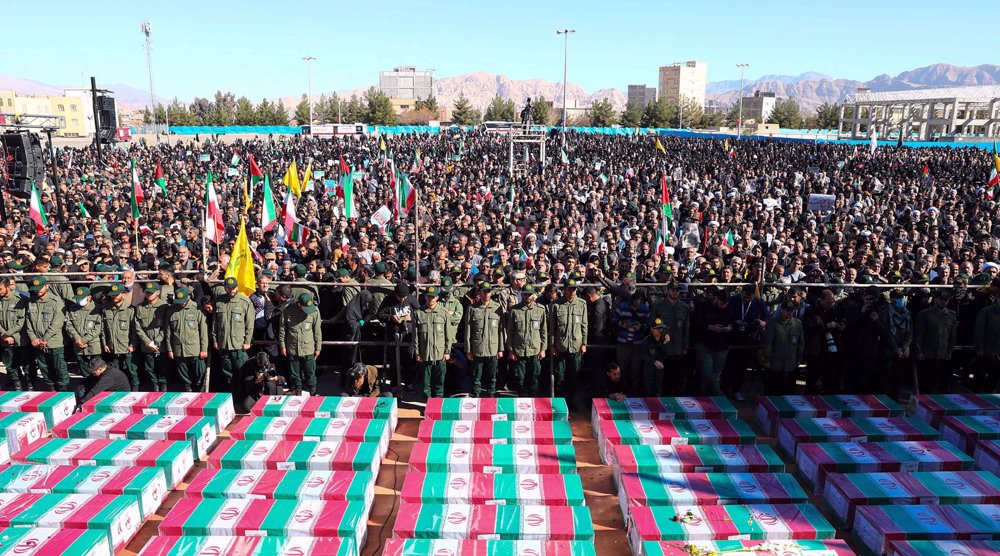
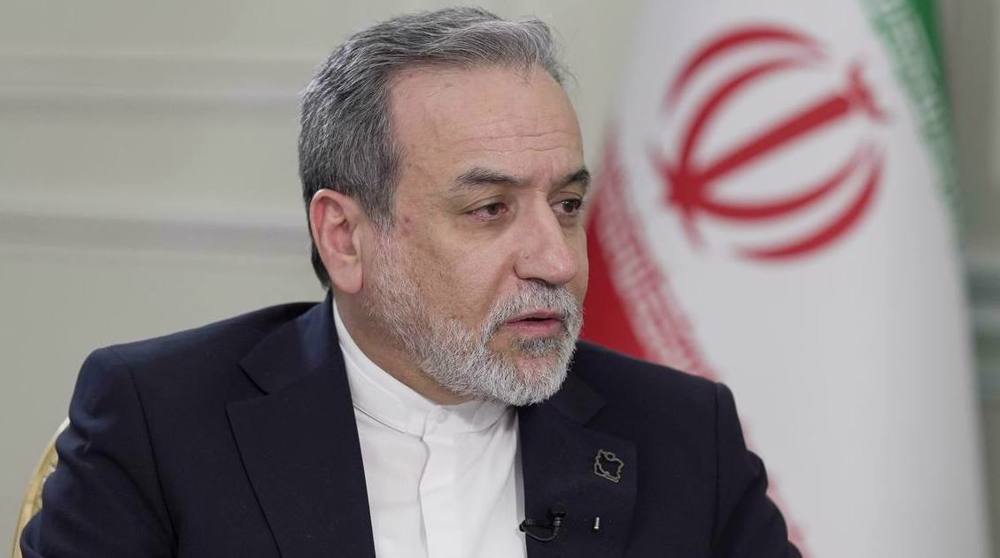
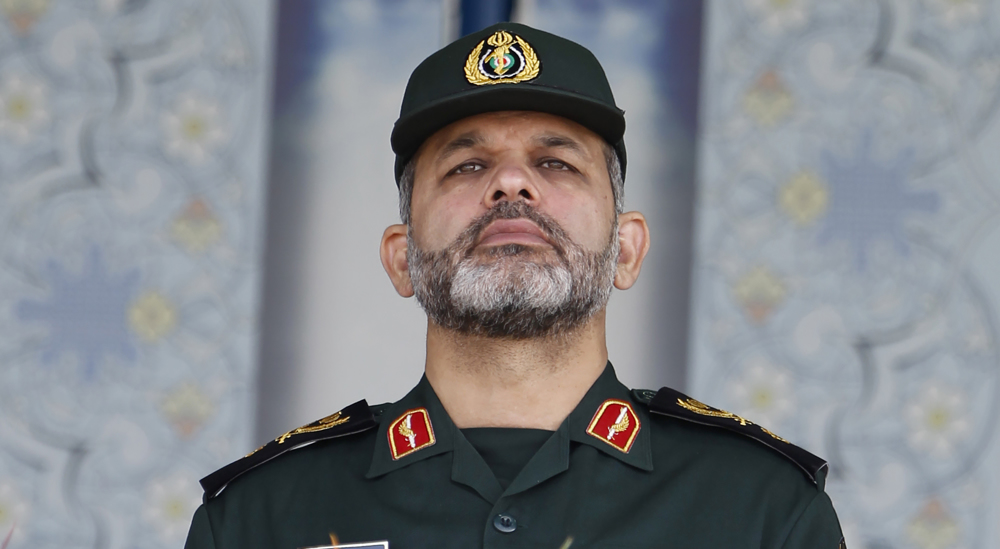
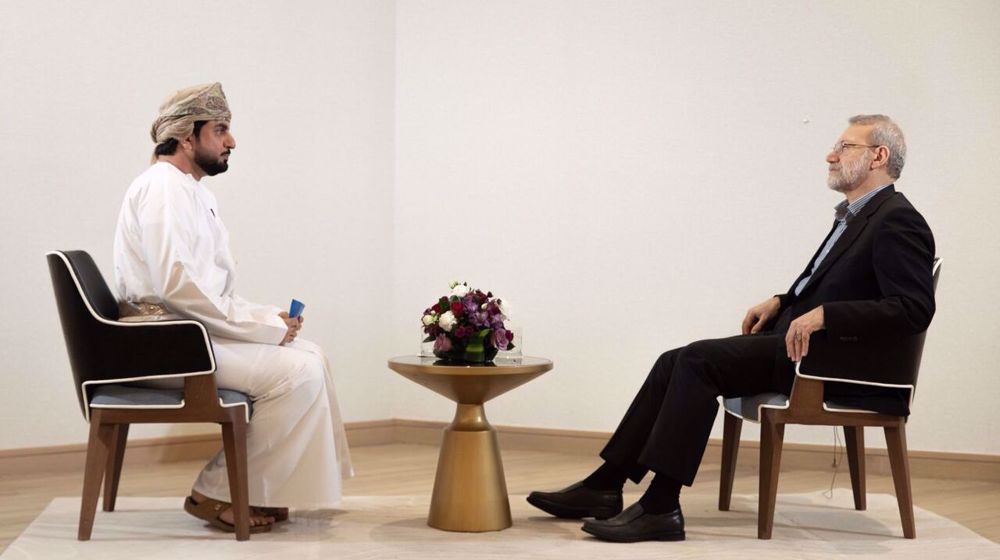



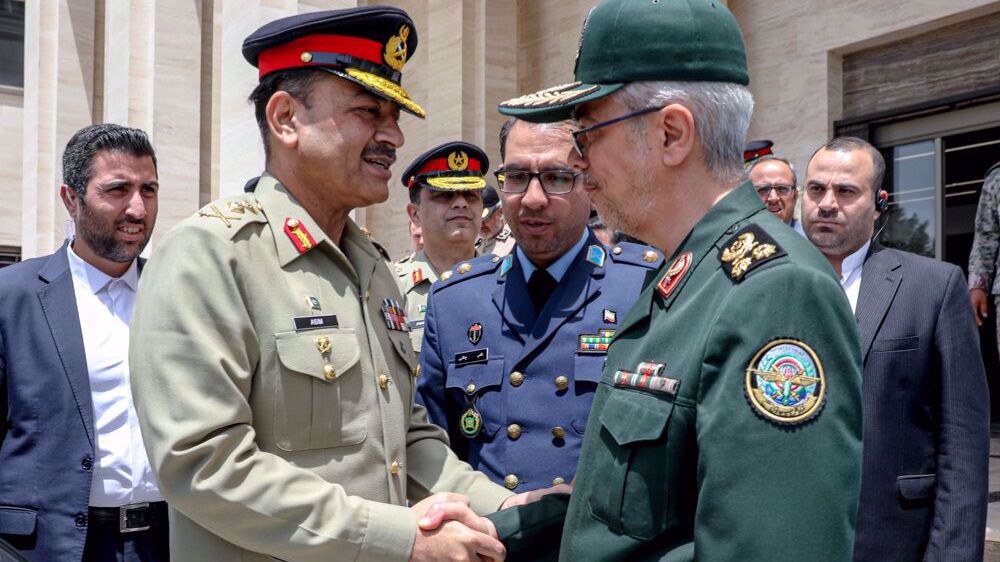
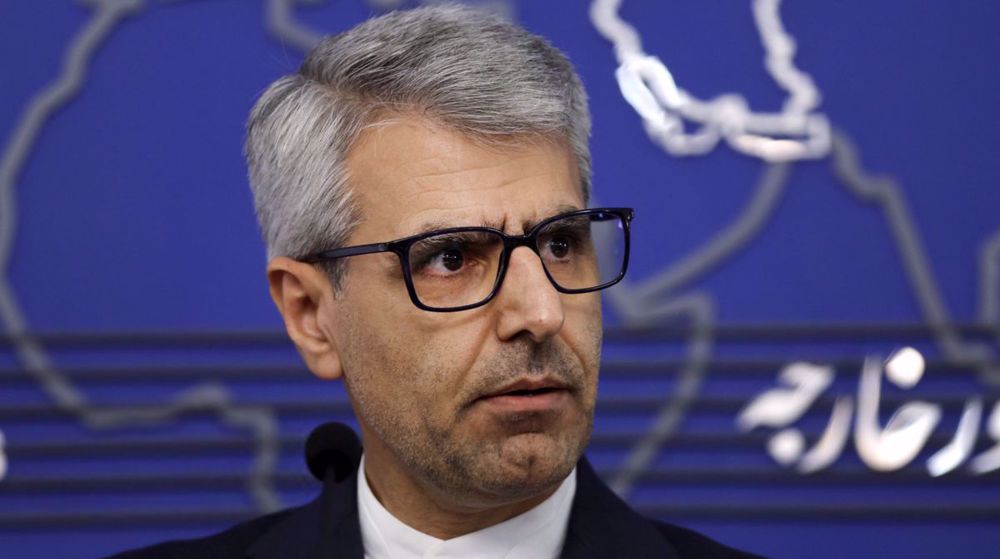
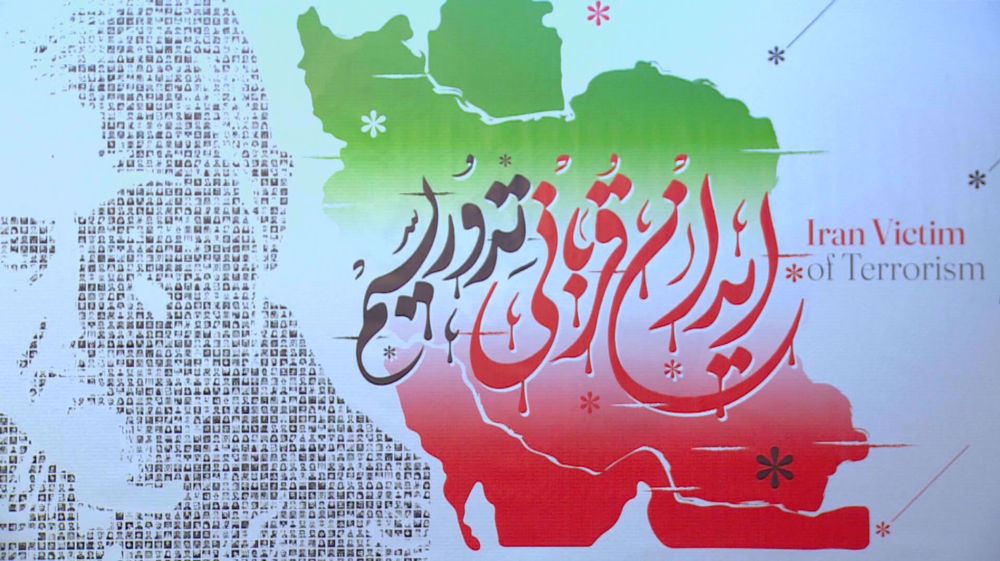

 This makes it easy to access the Press TV website
This makes it easy to access the Press TV website